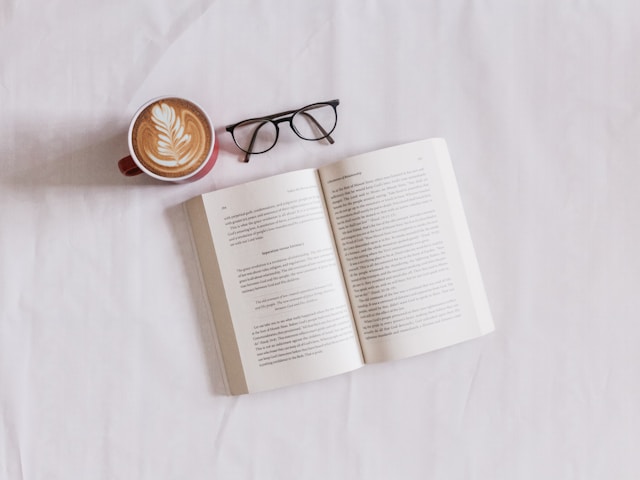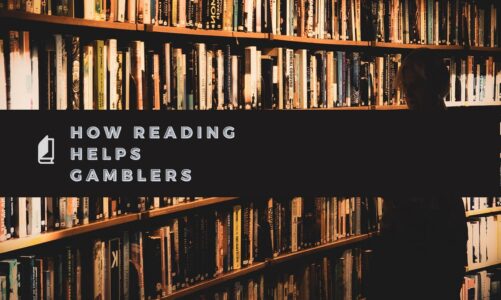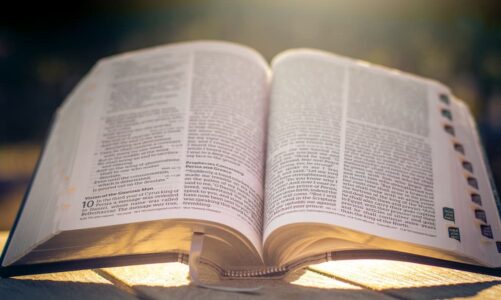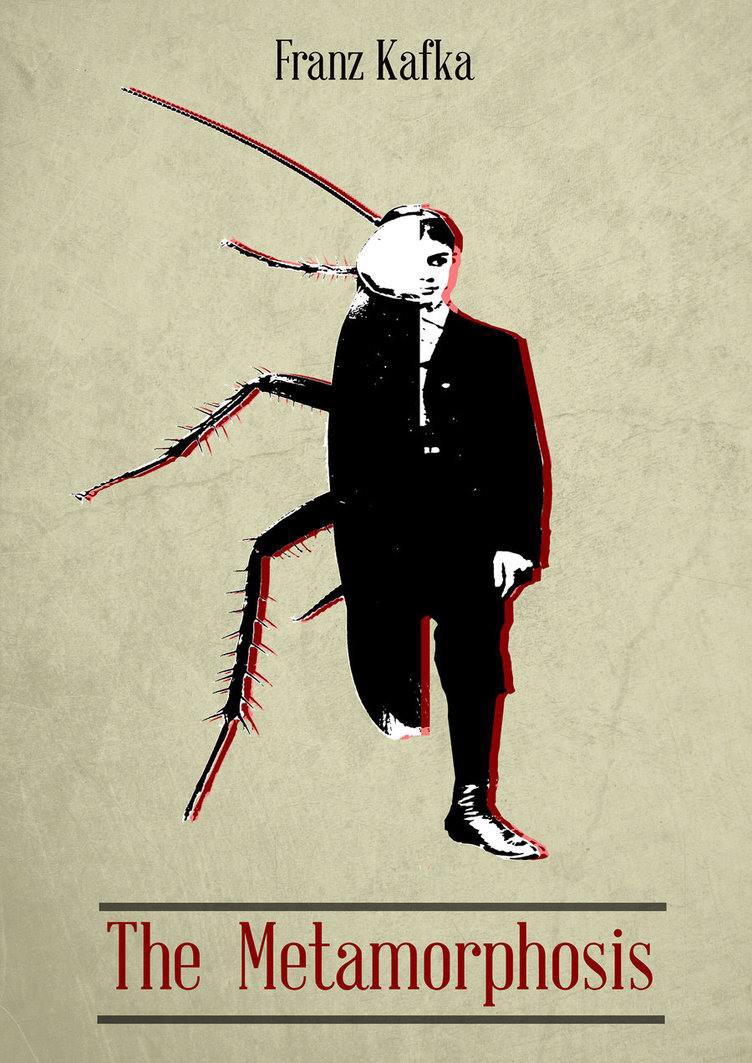Roleta online, much like the vast collection of classic literature, offers a variety of choices, each with its own intrigue and significance. Classic literature represents the foundation of storytelling, encompassing works that have stood the test of time and continue to influence readers, writers, and scholars across generations. These books offer profound insights into human nature, society, and philosophy, making them invaluable in the literary canon.
From the epics of ancient civilizations to the profound novels of the 19th and 20th centuries, classic literature is more than just old books—it is a gateway to understanding the past, the complexities of human emotions, and the evolution of storytelling.
What Defines Classic Literature?
Classic literature is a broad term, but certain qualities set these works apart from contemporary writing. A book is typically considered a classic if it meets one or more of the following criteria:
- Timelessness – The themes and messages remain relevant across different eras.
- Universal Appeal – Readers from various backgrounds can connect with the story.
- Literary Excellence – The work showcases outstanding writing style and craftsmanship.
- Cultural or Historical Significance – It reflects important social, political, or philosophical ideas.
- Influence – The book has inspired later works in literature, film, or other art forms.
Classic literature spans multiple genres, including drama, poetry, novels, and philosophical texts. These works offer deep reflections on love, war, power, morality, and human struggles, making them essential reading for those who seek intellectual and emotional enrichment.
A Journey Through Classic Literature: Key Eras and Works
Classic literature has evolved over centuries, with each era contributing unique voices and themes.
1. Ancient Literature: The Birth of Storytelling
The earliest literary works were often passed down orally before being recorded in written form. These texts not only tell stories but also serve as historical and philosophical documents.
- “The Epic of Gilgamesh” (c. 2100 BCE) – One of the oldest known stories, this Mesopotamian epic explores themes of heroism, friendship, and the search for immortality.
- Homer’s “The Iliad” and “The Odyssey” (c. 8th century BCE) – These Greek epics are foundational works of Western literature, depicting war, adventure, and the hero’s journey.
- “The Aeneid” (29–19 BCE) by Virgil – A Roman epic that solidified the mythology of Rome’s origins and glorified its empire.
2. Medieval and Renaissance Literature: Morality and Humanism
Medieval literature often focused on religious themes, chivalry, and morality. The Renaissance, however, brought a renewed interest in human potential and the arts.
- “The Divine Comedy” (1320) by Dante Alighieri – A poetic journey through Hell, Purgatory, and Paradise, rich in philosophical and religious symbolism.
- “The Canterbury Tales” (14th century) by Geoffrey Chaucer – A collection of stories that provides insight into medieval society and human nature.
- “Don Quixote” (1605, 1615) by Miguel de Cervantes – One of the first modern novels, this satirical work explores the blurred line between fantasy and reality.
- Shakespeare’s Plays (16th-17th century) – Works such as Hamlet, Macbeth, and Romeo and Juliet continue to be performed and studied worldwide for their exploration of power, fate, and human emotions.
3. The Enlightenment and Romanticism: Reason vs. Emotion
During the 18th and 19th centuries, literature reflected the tensions between rational thought and deep emotions.
- “Candide” (1759) by Voltaire – A satirical novel that critiques optimism and exposes the flaws of society.
- “Pride and Prejudice” (1813) by Jane Austen – A beloved romantic novel that examines class, marriage, and social expectations.
- “Frankenstein” (1818) by Mary Shelley – A gothic novel exploring scientific ethics and the dangers of unchecked ambition.
- “Moby-Dick” (1851) by Herman Melville – A complex narrative about obsession, revenge, and the power of nature.
4. Realism and Modernism: Society Under Scrutiny
The 19th and early 20th centuries saw literature shift towards realism, examining social structures, psychology, and existential dilemmas.
- “Crime and Punishment” (1866) by Fyodor Dostoevsky – A psychological novel exploring guilt, redemption, and morality.
- “War and Peace” (1869) by Leo Tolstoy – A sweeping novel that blends historical events with personal narratives.
- “The Great Gatsby” (1925) by F. Scott Fitzgerald – A critique of the American Dream set in the Jazz Age.
- “1984” (1949) by George Orwell – A dystopian novel warning against totalitarianism and surveillance.
5. Postmodern Literature: Questioning Reality
In the mid-to-late 20th century, literature became more experimental, playing with narrative structure and questioning truth and reality.
- “One Hundred Years of Solitude” (1967) by Gabriel García Márquez – A masterpiece of magical realism that blends history and mythology.
- “Slaughterhouse-Five” (1969) by Kurt Vonnegut – A satirical novel about war, time travel, and free will.
- “Beloved” (1987) by Toni Morrison – A haunting novel that explores the legacy of slavery and personal trauma.
The Lasting Impact of Classic Literature
Classic literature remains relevant because it addresses universal human concerns. These books offer readers:
- Cultural Awareness – Understanding different historical periods and societal norms.
- Critical Thinking – Engaging with complex themes and moral dilemmas.
- Emotional Depth – Exploring love, grief, ambition, and betrayal through powerful storytelling.
- Artistic Inspiration – Influencing filmmakers, musicians, and contemporary writers.
Many of these works continue to be adapted into films, TV series, and stage productions, demonstrating their enduring impact on popular culture.
How to Approach Classic Literature
For those new to classic literature, the sheer number of important books can be overwhelming. Here are some tips:
- Start with Accessible Works – Books like Pride and Prejudice or To Kill a Mockingbird are great entry points.
- Use Annotations and Summaries – Modern editions often include helpful explanations of archaic language and historical context.
- Join a Reading Group – Discussing classics with others can enhance understanding and appreciation.
- Read at Your Own Pace – Some classics are dense; taking time to absorb them makes the experience more enjoyable.
Conclusion
Classic literature is more than a collection of old books—it is a timeless exploration of human nature, history, and storytelling. These works continue to shape how we think about love, power, morality, and identity. Whether through epics, tragedies, social critiques, or existential inquiries, classic literature remains an essential part of our cultural and intellectual heritage.
Reading the classics is not just about studying history—it is about engaging with stories that still resonate today, proving that great literature is truly timeless.



